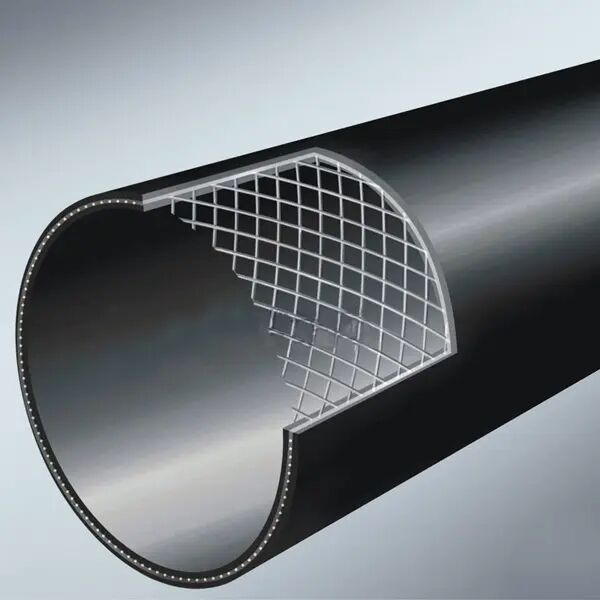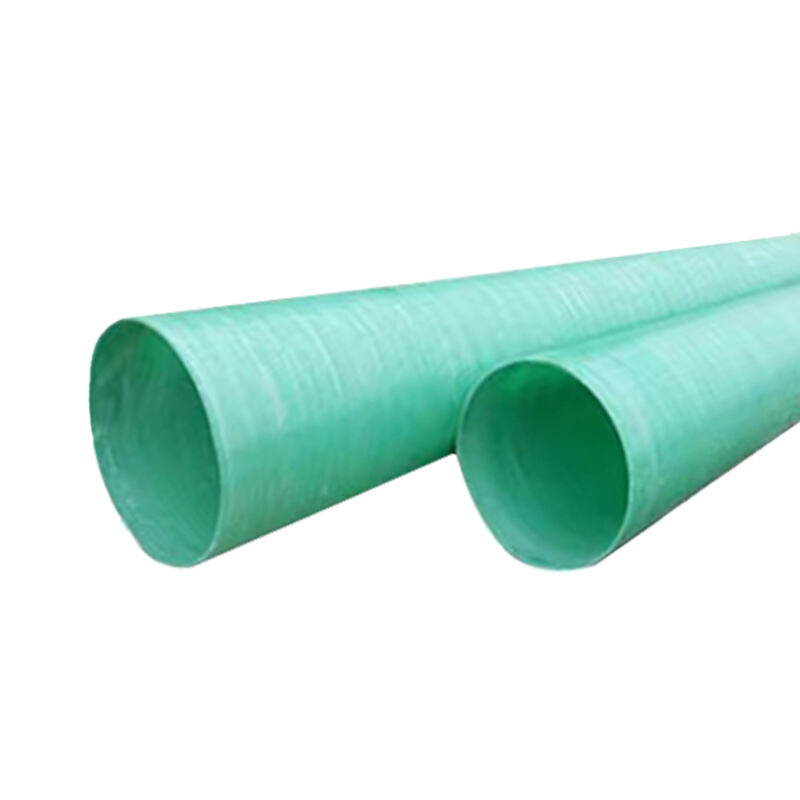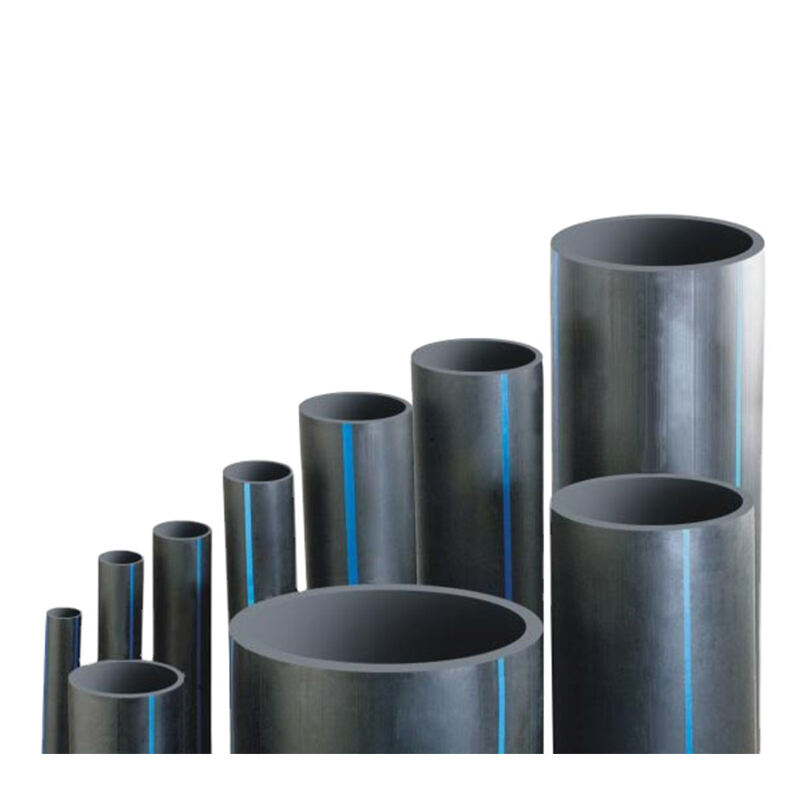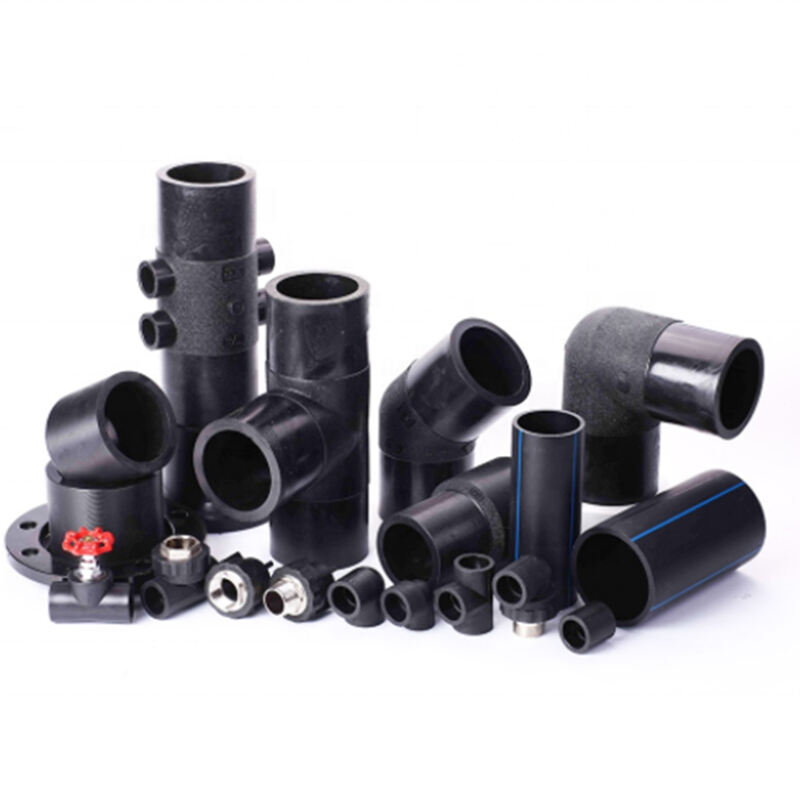Application of HDPE Pipes in Aquaculture
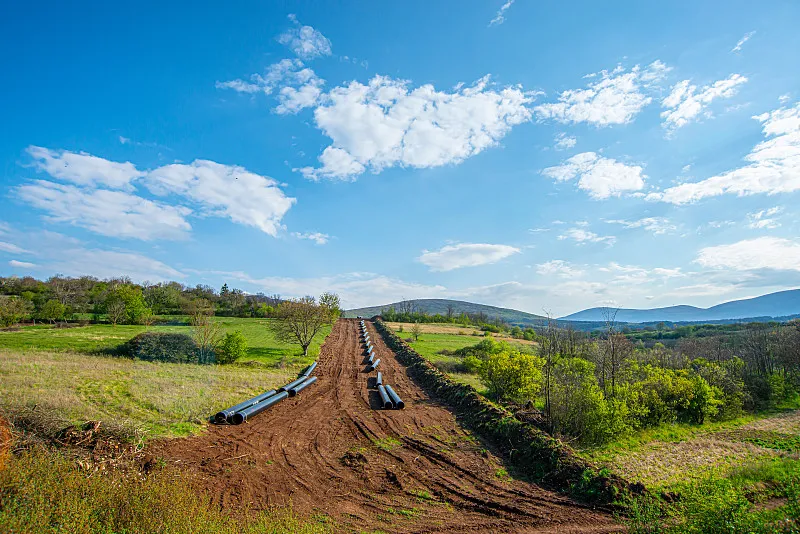
Project Background:
In recent years, the aquaculture industry has witnessed significant growth, driven by the increasing demand for seafood products. With this growth, the need for efficient and reliable water management systems has also increased. HDPE pipes, known for their durability, flexibility, and cost-effectiveness, have become a popular choice for aquaculture applications.
Application in Aquaculture:
HDPE pipes are extensively used in various aquaculture facilities, including fish farms, shrimp ponds, and oyster beds. Their key applications include:
- Water Supply and Drainage: HDPE pipes are used to transport water from sources to aquaculture ponds and tanks. They are also used for drainage, ensuring efficient water circulation and oxygenation of the water bodies.
- Irrigation Systems: In aquaculture, irrigation systems are crucial for maintaining optimal water levels and nutrient distribution. HDPE pipes are used to create efficient irrigation networks, ensuring even distribution of water and nutrients across the ponds.
- Oxygenation Systems: For aquatic species to thrive, sufficient oxygen levels in the water are essential. HDPE pipes are used to transport oxygenated water from oxygen generators to the ponds, improving the overall health and growth of the aquatic organisms.
Case Example:
A large-scale shrimp farm in Southeast Asia faced challenges with its existing water management system. Leaks and bursts in the aging pipes were causing significant water losses and affecting the overall productivity of the farm. To address these issues, the farm owners decided to replace the old pipes with HDPE pipes.
After the installation of HDPE pipes, the farm experienced several benefits:
- Reduced Water Losses: The HDPE pipes were highly durable and resistant to leaks, significantly reducing water losses.
- Improved Efficiency: The new pipes provided better water circulation and oxygenation, leading to improved growth rates and overall productivity of the shrimp.
- Cost Savings: While the initial investment in HDPE pipes was higher, the farm owners were able to recoup the costs through increased productivity and reduced maintenance expenses.

